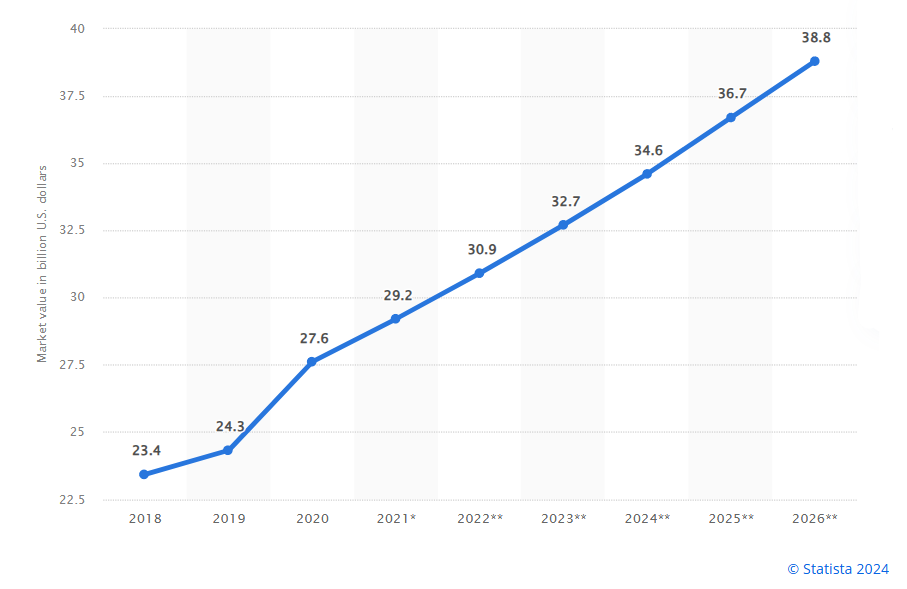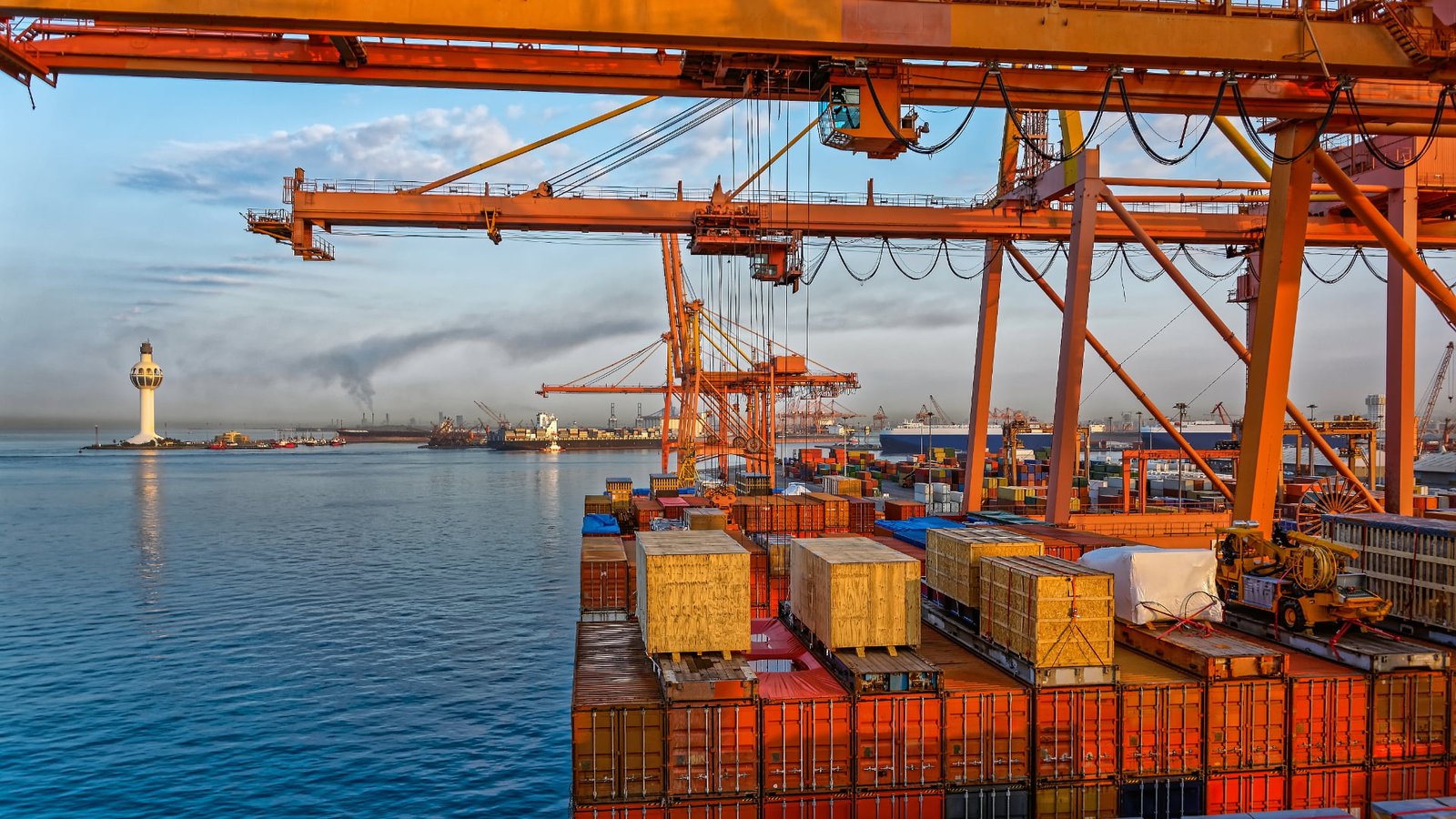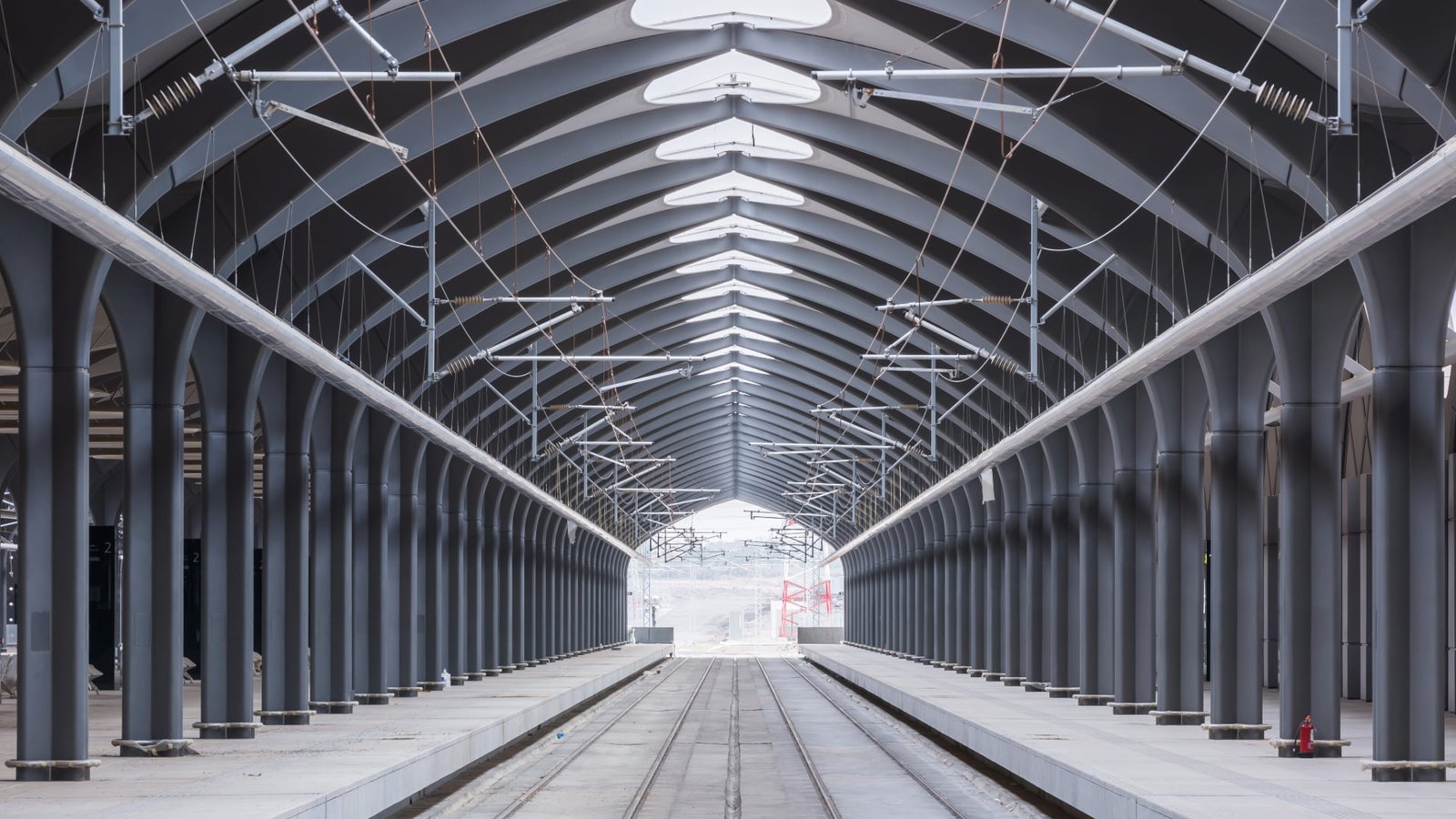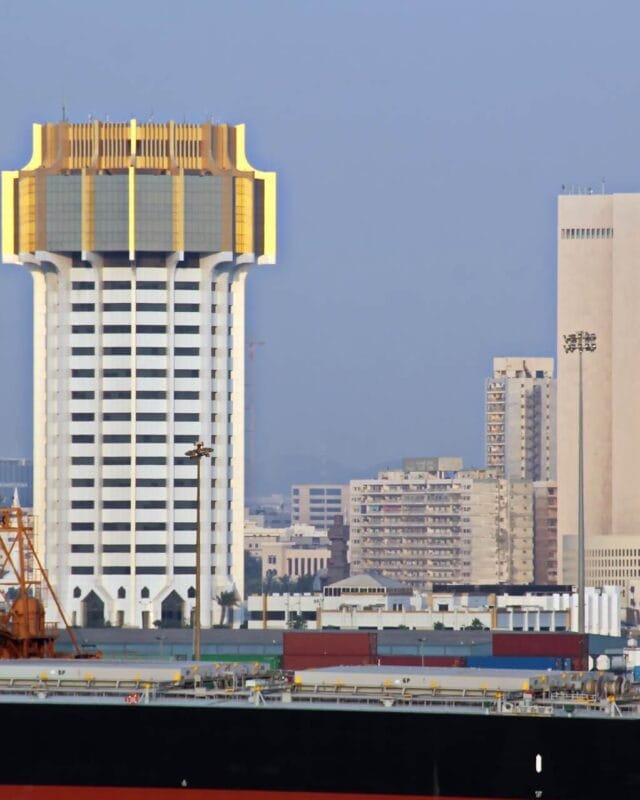Logistics Supply Chain in Saudi Arabia: Infrastructure, Innovations, Challenges, and Policies
Saudi Arabia’s logistics infrastructure continues to grow rapidly due to both significant government initiatives and advances in technology. This article explores the logistics supply chain Saudi Arabia, focusing on infrastructure, supply chain innovations, key challenges, and the impact of government policies. These developments are crucial for improving logistics and supply chain efficiency in Saudi Arabia.

Logistics Infrastructure in Saudi Arabia
Saudi Arabia has made significant investments in logistics infrastructure as part of its Vision 2030 initiative. The Kingdom aims to transform itself into a global logistics hub by enhancing its transportation networks, ports, and warehousing facilities. Key infrastructure projects include:
1. Ports and Maritime Infrastructure

Saudi Arabia’s strategic location at the crossroads of major international shipping routes makes its ports vital for global trade. The King Abdullah Port, Jeddah Islamic Port, and Dammam’s King Abdulaziz Port are being expanded and modernized to increase capacity and efficiency. In 2023, the Saudi Ports Authority (SPA) invested SR17 billion ($4.5 billion) in the kingdom’s maritime, logistics, and port sector, signing agreements to create new logistics parks on both coasts.
2. Railway Networks

The development of an extensive railway network, including the North-South Railway, Haramain High-Speed Railway, and the upcoming Gulf Railway project, aims to connect major industrial cities and facilitate the smooth movement of goods across the region. The $7 billion Landbridge rail project, set to begin construction in 2024, will connect the two Saudi coasts with 1,500 km of new track.
3. Road Networks

Significant investments in road infrastructure are being made to enhance connectivity between urban centers and industrial zones. The government has allocated billions of dollars to improve highways, bridges, and tunnels, reducing transit times and logistics costs.
Supply Chain Innovations
Technological advancements are transforming the logistics supply chain Saudi Arabia, leading to greater efficiency and reliability. Key innovations include:
- Internet of Things (IoT): IoT devices are being deployed to track goods in real-time, monitor environmental conditions, and ensure the integrity of shipments. This technology enhances visibility and allows for proactive decision-making.
- Artificial Intelligence (AI): AI-powered solutions are optimizing route planning, inventory management, and demand forecasting. Predictive analytics help companies anticipate market trends and adjust their operations accordingly.
- Blockchain Technology: Blockchain provides a more secure and transparent way to record transactions and track goods throughout the supply chain. It reduces the risk of fraud while also ensuring that all stakeholders have access to accurate information.
- Autonomous Vehicles and Drones: The adoption of autonomous trucks and drones is revolutionizing last-mile delivery, reducing human error, and lowering operational costs.
Key Challenges
Despite the advancements, several challenges hinder logistics and supply chain efficiency in Saudi Arabia:
- Infrastructure Development: Upgrading and expanding infrastructure to meet growing demand requires significant investment and time. Delays in project completion can impact logistics performance.
- Regulatory Compliance: Navigating complex regulatory environments and ensuring compliance with local and international standards can be challenging and time-consuming for logistics companies. Compliance requirements at local, regional, and international levels add multiple layers of complexity to logistics operations.
- Cybersecurity Risks: The integration of digital technologies increases vulnerability to cyber-attacks. It is crucial to implement strong cybersecurity measures to safeguard sensitive data.
- Skilled Workforce: Developing and maintaining advanced logistics systems require a skilled workforce proficient in handling new technologies. There is a need for continuous training and education. Programs that support workforce development, including collaborations with institutions such as the Saudi Logistics Academy, are vital.
Impact of Government Policies
The Saudi government plays a pivotal role in shaping the logistics supply chain Saudi Arabia through its policies and initiatives. Vision 2030 is a comprehensive plan that aims to diversify the economy and reduce dependence on oil revenues. Key government policies impacting logistics include:
- Investment in Infrastructure: The government is investing heavily in infrastructure projects to enhance logistics capabilities. This includes the development of new ports, railways, and road networks. In 2023, the Saudi Ports Authority rolled out digitalization of customs processes, slashing the time for an international shipment to clear customs from seven to eight days to mere hours.
- Regulatory Reforms: Simplifying regulations and creating a more business-friendly environment are priorities for the government. Efforts to streamline customs procedures and reduce bureaucratic hurdles are ongoing. Airport and port privatization, alongside roads opening up as public-private partnerships, are part of these reforms.
- Public-Private Partnerships (PPPs): Encouraging collaboration between the public and private sectors is essential for funding and implementing large-scale infrastructure projects. PPPs are being utilized to leverage private sector expertise and resources.
- Sustainability Initiatives: The government is promoting sustainable logistics practices to reduce environmental impact. This includes investments in renewable energy, electric vehicles, and green logistics solutions. Policies under the Saudi Green Initiative are steering the sector towards green logistics through the electrification of transportation fleets and the integration of renewable energy sources.
The Future of Logistics and Supply Chain Efficiency in Saudi Arabia
The future of logistics and supply chain efficiency in Saudi Arabia is promising. Continued investments in infrastructure, technological innovations, and supportive government policies are set to drive growth and enhance competitiveness. As the Kingdom progresses towards its Vision 2030 goals, the logistics sector will play a crucial role in fostering economic development and global trade. Logistics and supply chain efficiency in Saudi Arabia will continue to improve, supported by strategic investments and innovative technologies.




